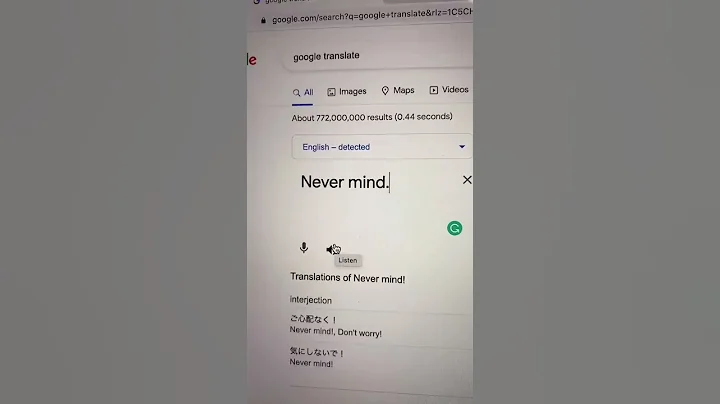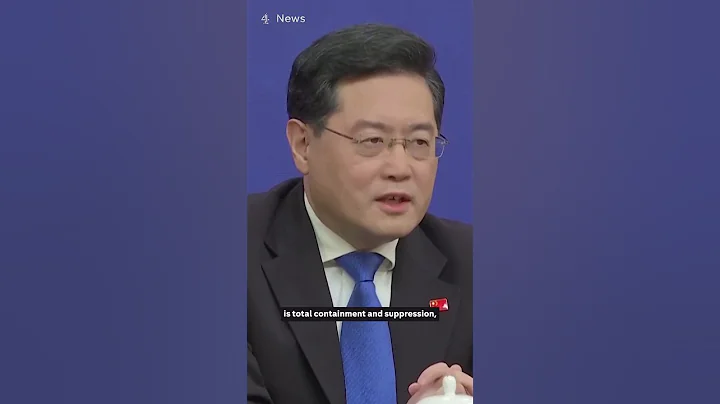I believe there are many friends who often say they want to give up in the process of self-learning Japanese. In fact, besides learning a language is very boring and difficult to persevere, there is also the fact that they have not found a suitable teacher to answer their questions. As a result, the problems piled up, and in the end there was no way to solve them, so we had to give up. In fact, no matter what you study, you still have to learn it by yourself in the end. As the saying goes, "The master leads you in, and practice depends on the individual." The same is true for Japanese. Learning a language by yourself is also a cool thing. It can not only broaden our horizons, but also give us a new skill. For example, my friends often ask me to help translate "instructions." Next, let’s take a look at how to self-study Japanese.

As the saying goes, "If you want to do your job well, you must first sharpen your tools." Many people make study plans for themselves when they first start learning Japanese by themselves, such as how many words to recite and how much grammar to learn. Planning is important, but before we make a plan, we It is necessary to clarify the method of learning Japanese. For self-learners, we definitely don’t learn Japanese for the sake of learning. Some people do it because of work needs, and some people do it out of interest-to understand raw meat and understand Japanese songs. But no matter what the situation is, we learn Japanese in order to be able to apply it, so application is the primary purpose of our learning, so being able to speak and understand is what we need to pay attention to.
Many Japanese training teachers will always tell us that we must pay attention to the intonation when learning Japanese words for the first time. Although it is a common topic, few people really pay attention to it. In fact, this is really important, because there are many homophones in Japanese, and their difference lies in the position of the tone core. If you don’t remember it correctly, we will easily make misunderstandings when listening, so This can easily lead to misunderstandings, so keep this in mind from now on. In addition, if you want to practice Japanese listening, it is very important to choose materials that are suitable for your current level of Japanese. A beginner is not suitable for listening to materials that speak very fast, because this will make you feel desperate. When choosing materials, the pronunciation must be clear and natural or read by native Japanese. If you are not sure whether it is read by Japanese, then give up. Because everyone knows that if you want to learn a language authentically, the subtle influence is very large, especially for listening and speaking skills. Choosing the right "teacher" is half the battle.

Japanese dramas with daily life themes are good learning materials because they involve our study career and life stories. Because of their realism, they are very suitable for beginners. In Japanese dramas, we should focus on how to express practical scenes, such as schools, airports, shops, restaurants, meetings, etc. This can allow us to learn many practical expressions. Regarding the learning of words and grammar, I also hope that everyone will not repeat the mistakes of learning English. When learning English, many people always memorize grammar, spend a lot of time memorizing new words, and then spend a lot of time reciting forgotten words, and enter the " In the vicious cycle of memorizing and forgetting, forgetting and memorizing again.
When learning a language, we should pay attention to application. Isn’t it that we learn words and grammar just to be able to read and write articles? If you want to write, you must first be able to read, so reading is the best way to learn words and grammar. When choosing reading materials, it is recommended to choose articles written by Japanese, such as the reading articles in the Japanese Language Proficiency Test real questions and Japanese websites. News on the Internet, blogs written by Japanese, etc. are all available for reference. After reading a lot, your vocabulary and grammar will change from quantitative to qualitative, and you will be able to improve dramatically.

Learning Japanese is a long process. You must study with concentration. I believe time will surprise you. @光江LANGUAGE INSTITUTE, a language lover, if you like my articles and want to study with me, please remember to follow me.





















